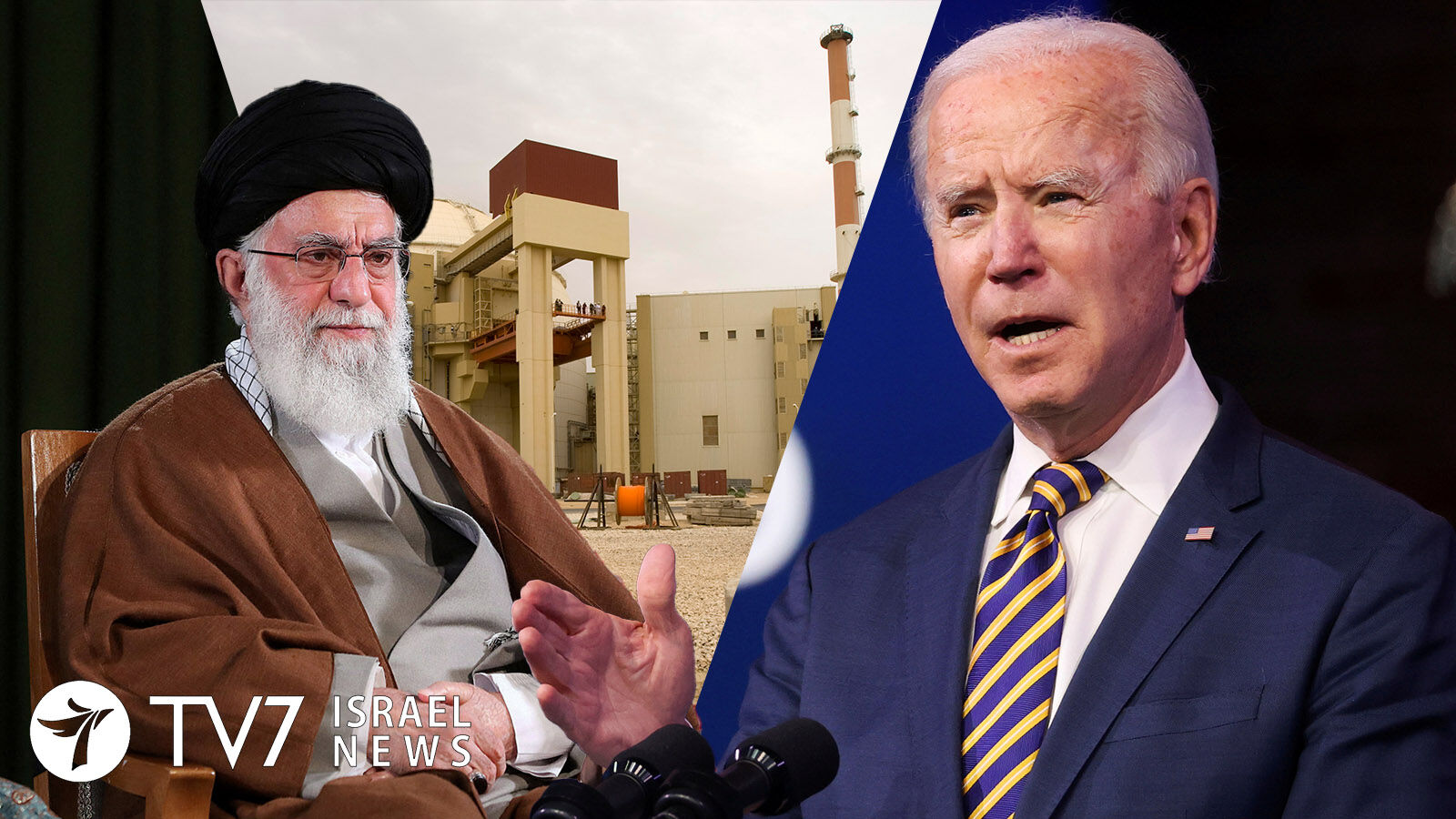The United States is growing increasingly impatient over Tehran’s stalling tactics to resume efforts to revive the Joint Comprehensive Plan of Action (JCPOA).
By Erin Viner
“We’re in a critical phase of the efforts to see whether we can revive the JCPOA,” US Special Envoy for Iran Robert Malley told reporters Washington, stressing that, “We’ve had a hiatus of many months and the official reasons given by Iran for why we’re in this hiatus are wearing very thin.”
Washington is very concerned over the Islamic Republic’s refusal to return to the indirect talks held in Vienna from April to June of this year aimed at resuscitating the 2015 deal, but Malley said the White House has other tools to keep the Ayatollah regime from developing nuclear weapon – and would use them if necessary.
Tehran began openly violating its atomic curbs set by the JCPOA including uranium enrichment after then-US President Donald Trump withdrew from the pact in 2018 and re-imposed sanctions. Enriching uranium can provide a path to obtain the fissile material necessary to produce nuclear weapons, an ambition Iran denies that was rejected by the Trump Administration and successive Israeli governments.
In the classic “carrot and stick” approach, Malley pointed out financial benefits for Iran to resume compliance, even as Washington continues to weigh other options to prevent the Islamic Republic from developing atomic bombs.
There is “a strong preference for diplomacy, for an effort to revive the JCPOA and, were that to happen, to find ways to engage Iran economically,” said the envoy, who spent last week consulting Washington’s allies in the Gulf and in Europe. But “you can’t revive a dead corpse,” he added, going on to state that “we will continue to pursue diplomacy, even as we pursue other steps if we face a world in which we need to do that;” while declining to specify those other steps.
In response to Iran’s refusal to resume the Vienna Talks since the election of its new hardline President Ebrahim Raisi, Israel and the US have increasingly spoken of pursuing ‘other options’ indicating the possibility – however remote -of military action.
The International Atomic Energy Agency is reporting that in development that is likely to raise tensions, Iran has expanded its enrichment of uranium at its nuclear facility in Natanz.
